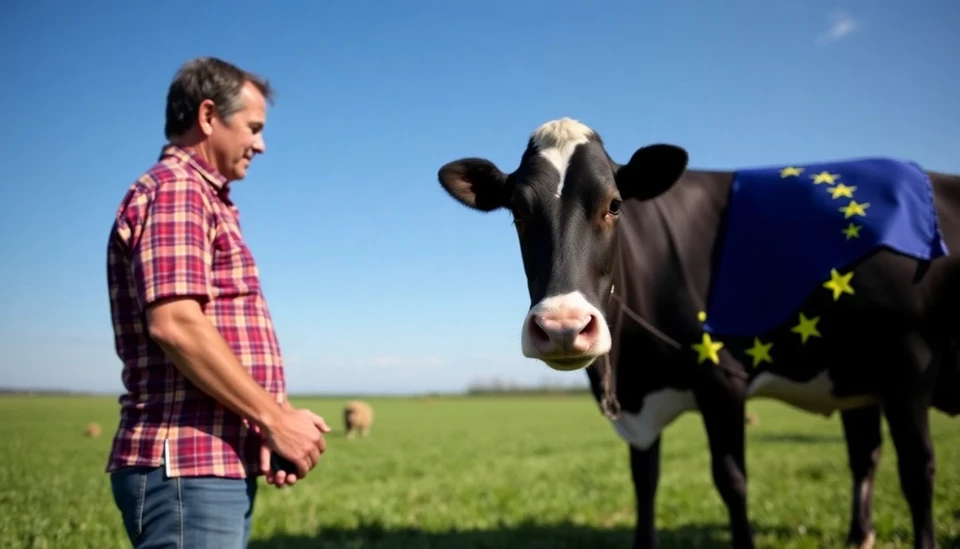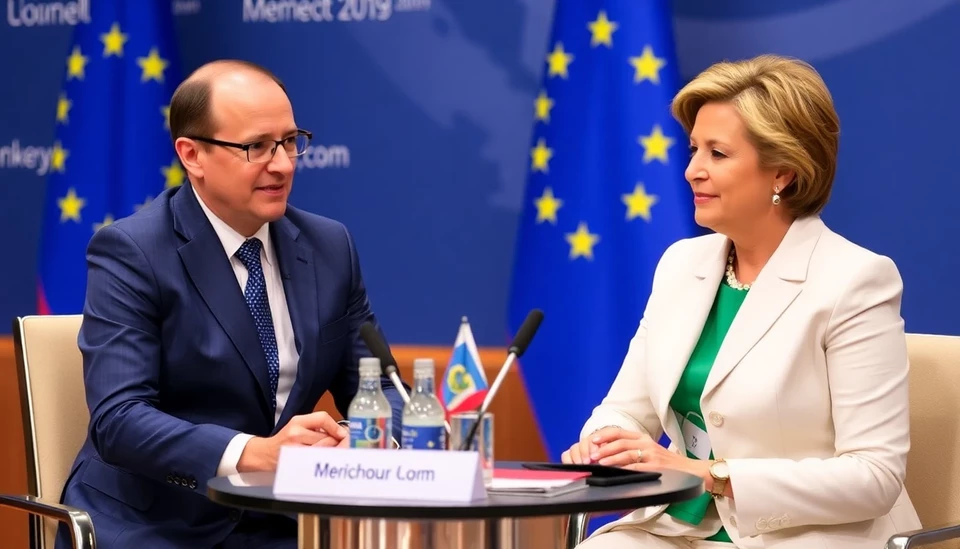
European farmers are increasingly anxious about the potential impacts of the EU-Mercosur trade agreement, which looks set to reshape agricultural practices and market dynamics across Europe. The deal, designed to foster trade between the European Union and the Mercosur bloc, could lead to a significant influx of agricultural products from South America, raising alarm among EU farmers who fear they may struggle to compete against cheaper imports.
At the core of the issue is the heightened competition that European farmers would face from their South American counterparts, specifically in sectors like beef and soy. Farmers are concerned that the agreement could undermine local agricultural markets, resulting in lower prices and reduced income for domestic producers. This situation is particularly pressing given the already challenging economic landscape shaped by rising production costs and current inflationary pressures.
There are also environmental concerns tied to the implementation of this agreement. European farmers are committed to maintaining high environmental and quality standards in their productions, while critics argue that South American agricultural practices may not always meet these same benchmarks, potentially leading to increased deforestation and exploitation of land in those regions. The argument posits that accepting imported goods produced under less stringent regulations could compromise the EU’s sustainability goals.
As the talks continue and the trade agreement edges closer to realization, protests and demonstrations by farmers across various EU nations have already emerged, showcasing the discontent and worries surrounding the implications of this policy. Many farmers view this agreement as a direct threat to their livelihoods, sparking calls for greater protections within the agricultural sector.
A coalition of farmers’ unions is pushing for a reassessment of the trade deal, advocating for stronger safeguards that would better protect local farmers against the perceived risks linked to increased competition and environmental degradation. The discussion has prompted policymakers to reconsider the balance between free trade and the necessity of protecting local industries, with many emphasizing the importance of achieving a fair trade environment that supports farming communities.
As negotiations evolve, it remains to be seen how European policymakers will address these farmer concerns and whether adjustments to the trade agreement will be implemented to ensure a more balanced playing field. The ramifications of this agreement extend beyond just economics; they touch on the principles of sustainability and food security as Europe grapples with its agricultural future in a globally interconnected market.
In the coming weeks and months, the discourse surrounding the EU-Mercosur agreement will likely intensify as farmers continue to mobilize and advocate for their interests. Observers will be closely watching how the EU manages to navigate this complex landscape and the impact that these negotiations will have on its agricultural policies and future trade relations.
#EUMercosur #EuropeanFarmers #TradeAgreement #Agriculture #Sustainability #FoodSecurity #FarmersUnions #PoliticalNegotiations
Author: Rachel Greene
